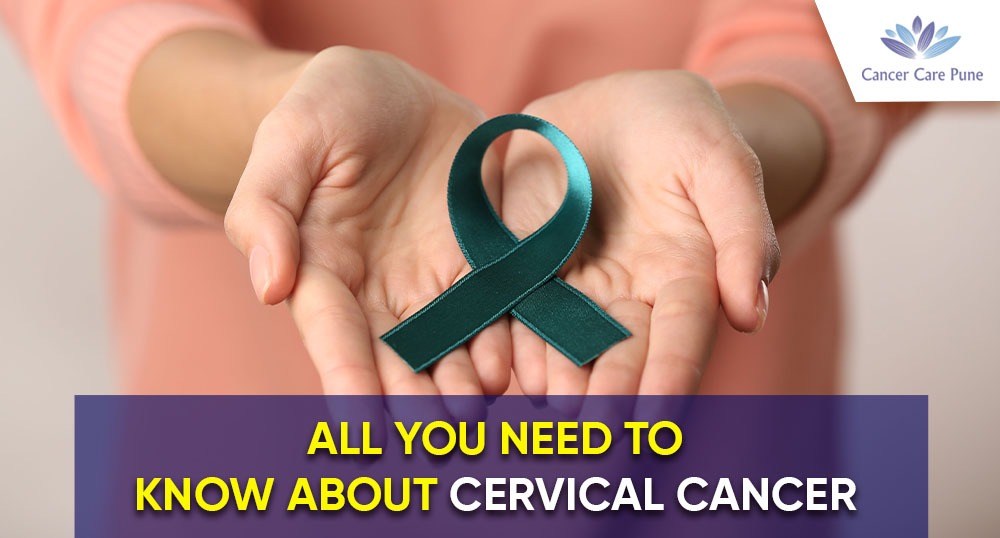
Introduction
Women living with HIV are 6 times more likely to develop cervical cancer compared to women without HIV. Cervical cancer is curable if detected early and treated effectively. Primary prevention (HPV vaccine), secondary prevention (screening and treatment of precancerous lesions), tertiary prevention (detection and treatment of invasive cervical cancer), and palliative care are all parts of comprehensive cervical cancer control. According to estimates, there will be 604 000 new cases and 342 000 deaths from cervical cancer in women worldwide year 2020. Around 90% of new cases and fatalities globally in 2020 took place in low- and middle-income nations.
Cervical Cancer
Cancer is a condition in which the body’s cells proliferate unchecked. Even if it later spreads to other body areas, cancer is always designated after the area of the body where it first develops. Cervical cancer is a type of cancer that first appears in the cervix. The vagina (birth canal) and the top portion of the uterus are joined by the cervix. When a woman is pregnant, the baby develops in the uterus (also known as the womb).
Symptoms
Bleeding between periods and after sexual activity is one of the symptoms.
foul-smelling
white discharge
lower back ache or abdominal pain.
There might not always be any symptoms.
Aching regions: the pelvis
Conditions of pain: can happen during sexual activity
Menstrual: heavy, irregular, or spotty periods; or abnormal menstruation
irregular vaginal bleeding or discharge in the groin
Other common symptoms may include exhaustion, nausea, or weight loss.
Risk Factors
Human papillomavirus (HPV), a widespread virus that can be transmitted from one person to another during intercourse, is the primary cause of almost all cervical malignancies. HPV comes in a variety of forms. While other HPV strains can result in genital or skin warts, other HPV types can alter a woman’s cervix and eventually lead to cervical cancer.
Most people contract HPV at some point in their life because it is so widespread. Since HPV typically has no symptoms, you cannot detect your infection. The majority of women will get rid of HPV on their own, but if they don’t, there is a potential that it could eventually lead to cervical cancer.
Other factors may raise your risk of developing cervical cancer—
having a disease that makes it difficult for your body to fight against illnesses, such as HIV (the virus that causes AIDS).
Smoking.
long-term use of birth control tablets (five or more years).
having given birth to at least three kids.
a variety of sexual partners.




